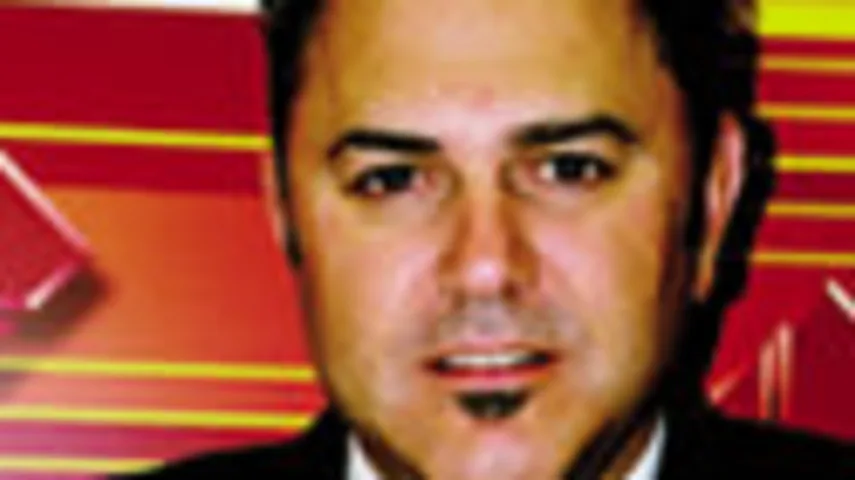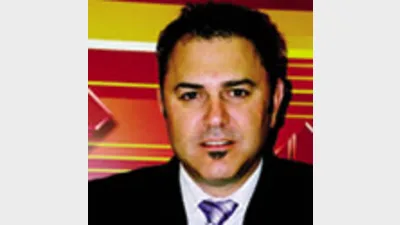Higher benchmarks will shrink industry



|
|
The increased level of training and regulatory requirements for financial planners likely to emerge out of the various government inquiries will force many planners out of the industry over the coming years, according to the chief executive officer of Lonsdale, Mario Modica.
Modica said he believed that the support for increased minimum training standards from industry associations would force some planners out of the industry.
“I suspect the training aspect, where the [Financial Planning Association] has come out and said they want to increase the benchmark and lift the bar around minimum training standards, I think we’ll see some individuals decide not to continue in the industry,” he said.
Modica also said there would be departures from the industry as a result of increased regulation coming out of the Ripoll inquiry.
“People just won’t want to be taking the steps forward to comply with whatever new regulations may or may not come forward,” Modica said.
The smaller boutique planning practices facing increasing costs from compliance would be the most likely to go, Modica said.
The “last couple of years” would also force “serious consolidation” among dealer groups, he said.
DKN Group, Lonsdale’s parent company, was looking to build their business through future acquisitions, he added.
Recommended for you
The central bank has released its decision on the official cash rate following its November monetary policy meeting.
ASIC has cancelled the AFSL of a Melbourne-based managed investment scheme operator over a failure to pay industry levies and meet its statutory audit and financial reporting lodgement obligations.
Melbourne advice firm Hewison Private Wealth has marked four decades of service after making its start in 1985 as a “truly independent advice business” in a largely product-led market.
HLB Mann Judd Perth has announced its acquisition of a WA business advisory firm, growing its presence in the region, along with 10 appointments across the firm’s national network.











